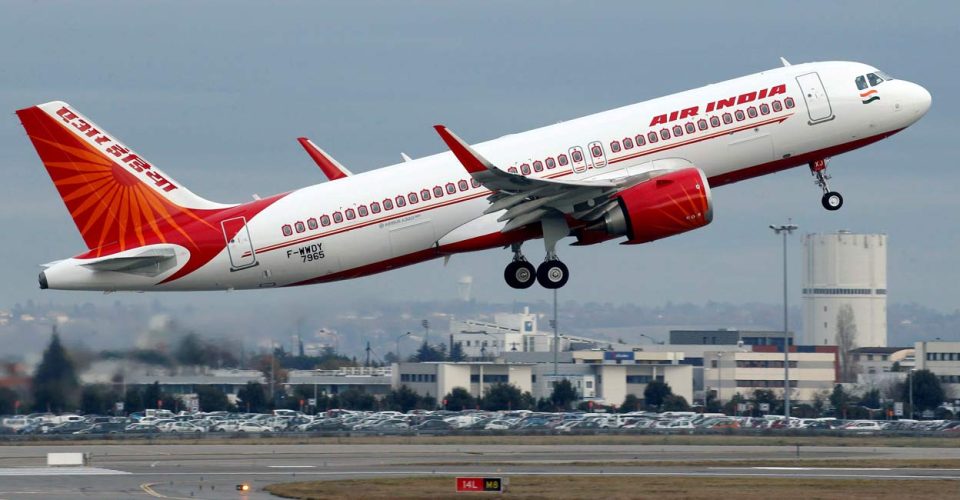Air India’s annualised market share of 8.7% in 2022 is a record low, posing challenges to new owner Tata Group’s stated goal of capturing nearly a third of the domestic market. However, on a month-on-month basis, the airline’s market share improved slightly in December to 9.2% from 9.1% in November.
Air India and Air India Express, the two airlines Tata Group acquired a year ago, will end 2022 with an 8.7% share.
Vistara ended the year with a 9.2% share, while AirAsia ended the year with a 6.2% share, according to data shared by the Directorate General of Civil Aviation (DGCA). All these airlines belonging to the Tata Group will have a combined share of 24.1% in 2022, unchanged from 2019.
Air India, touted as a turnaround plan unveiled five months ago, said it was striving to capture a 30% share of the domestic market by 2027 under Vihaan.AI. But Air India’s rivals are not giving up their market share; the market leader boosted its share last year, making it the best year ever.
Driven by InterGlobe Aviation, IndiGo will increase its market share from 54.85% in 2021 to 56.1% in 2022. While Go First (formerly Go Air) will end 2022 with the same 8.8% market share it had in 2021, new entrants like Akasa Air are rapidly eating into market share. Ajay Singh-led SpiceJet’s market share hit a multi-year low of 8.7% in 2022.
All four Tata Group airlines carried 2.98 crore passengers last year, less than half of IndiGo’s 6.91 crore passengers in the same year. Indigo’s load factor (capacity utilisation) is 80.1% in 2022, compared with 77.6% for Air India.
During December, SpiceJet topped the list with a PLF of 92.7%, followed by Go First at 92.6%. The DGCA has blamed both airlines during the year for failure to follow standard procedures or an increase in safety-related incidents. The country’s newest airline, Akasa Air, added its 12th destination, Mopa, Goa, earlier this month since its debut in August 2022. The airline, driven by Rakesh Jhunjhunwala, captured a 2.3% market share in December.
IndiGo, Vistara, Go First, AirAsia and Akasa have announced discounted fares on selected routes to maintain demand momentum. High aviation turbine fuel (ATF) prices continue to eat into airline profit margins, even as demand remains positive.



